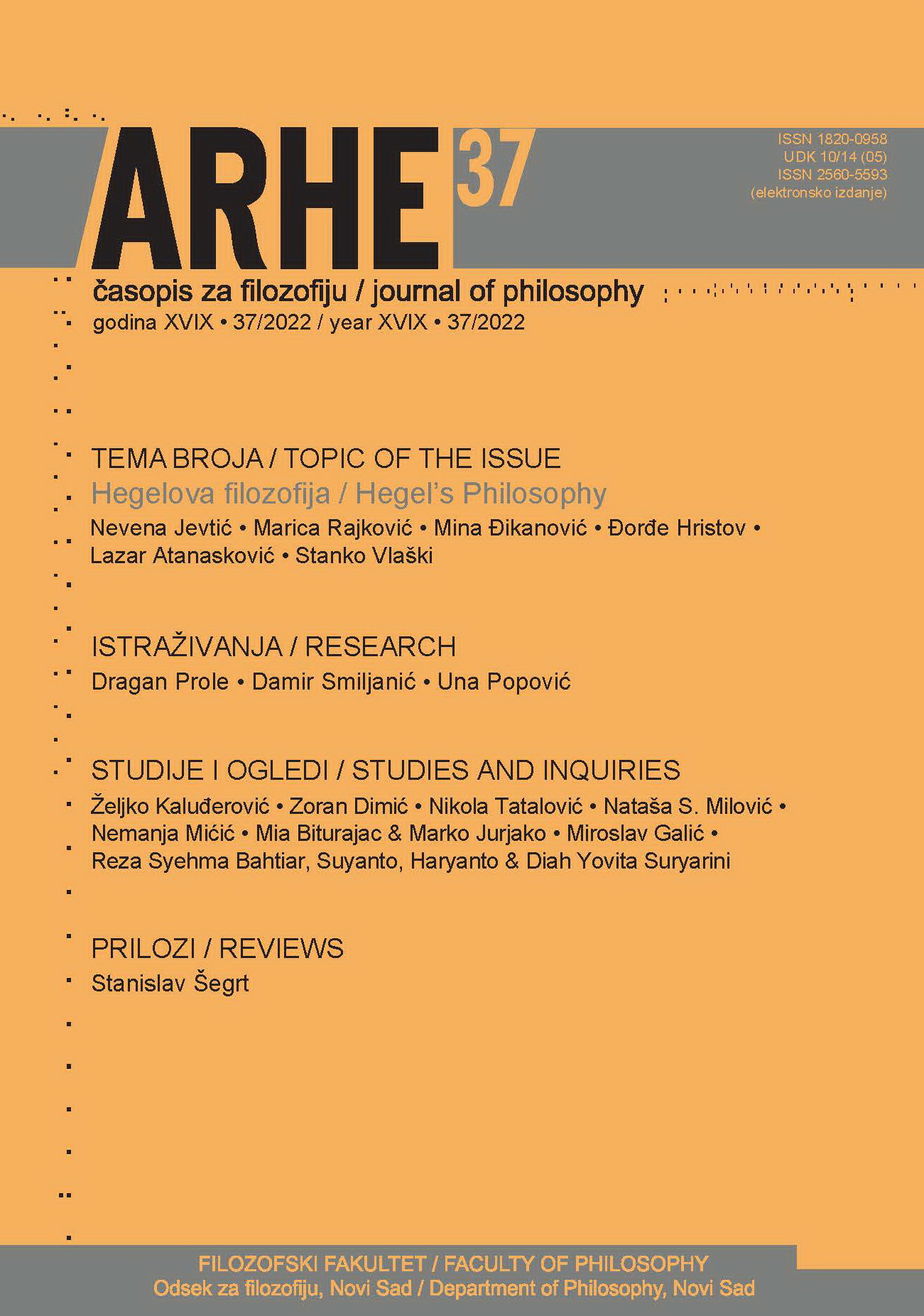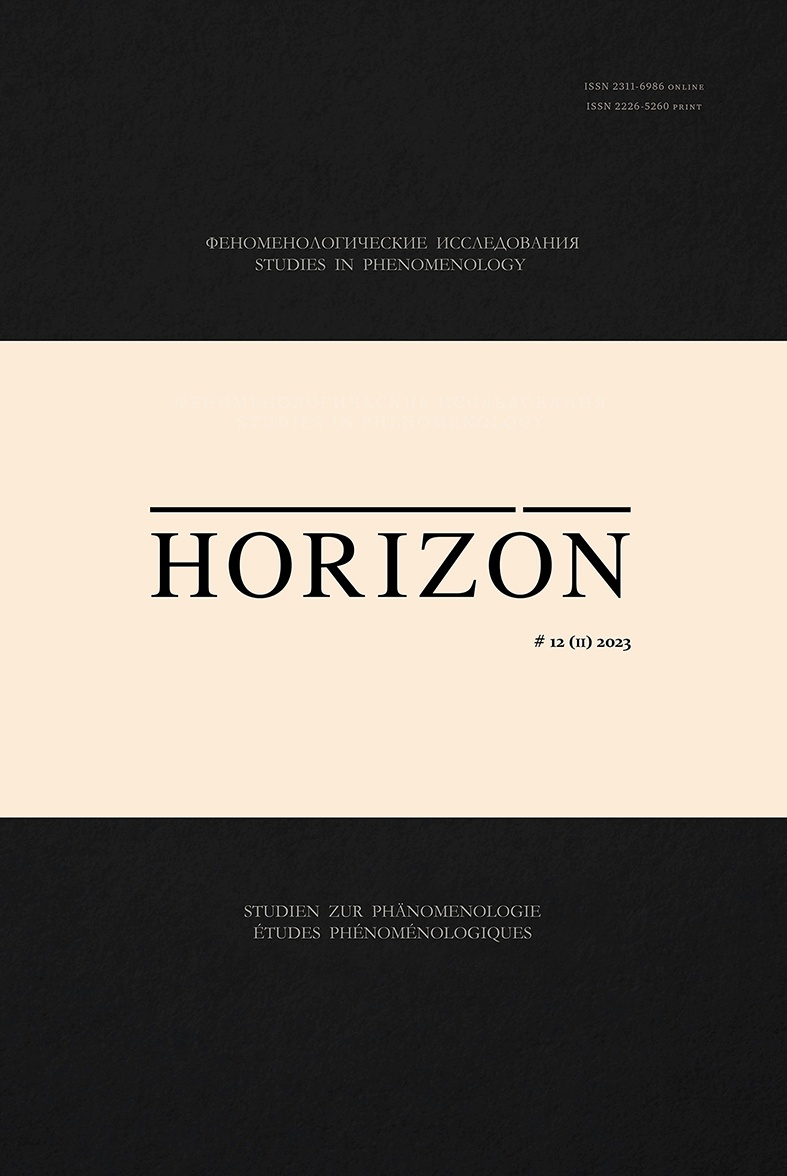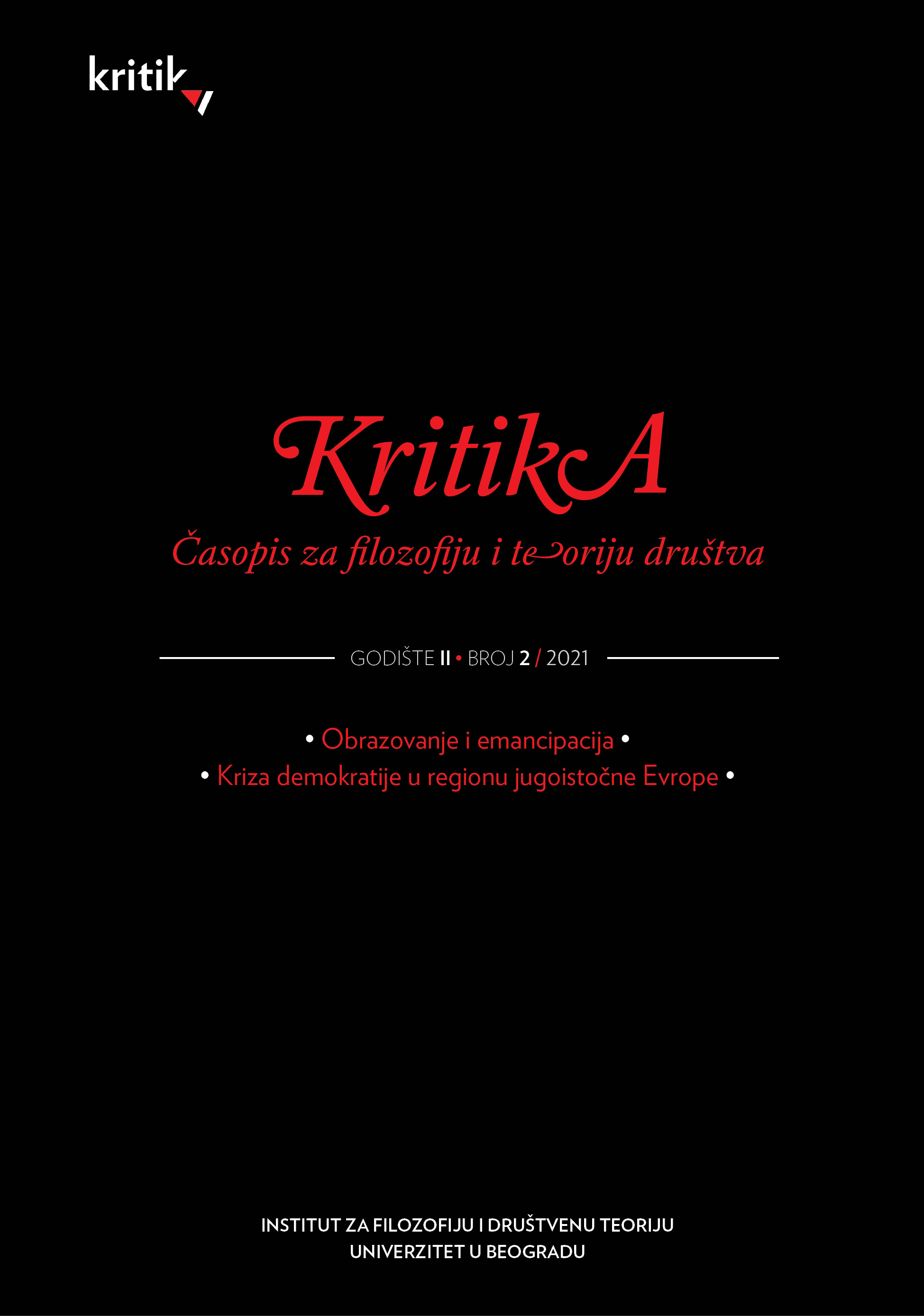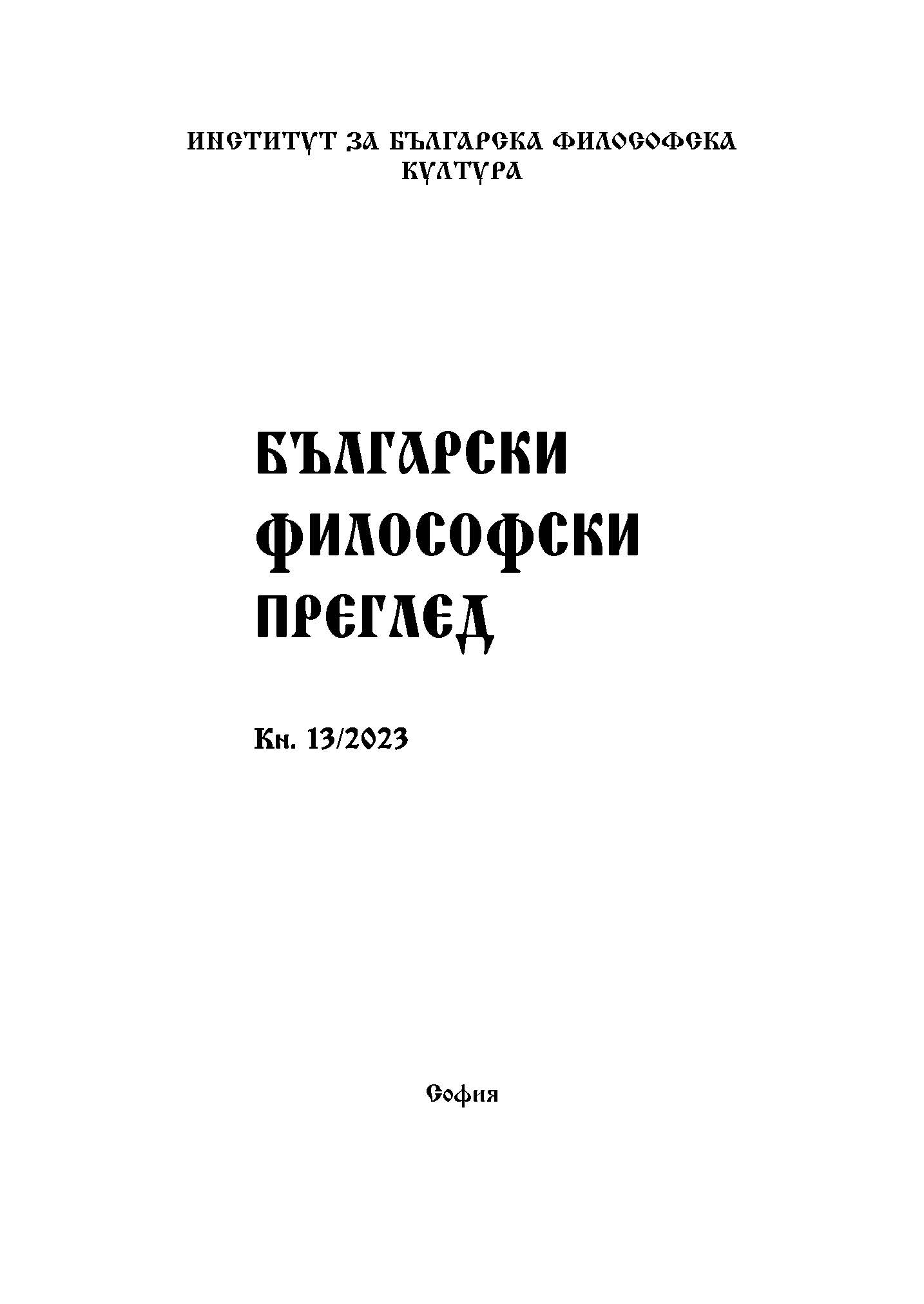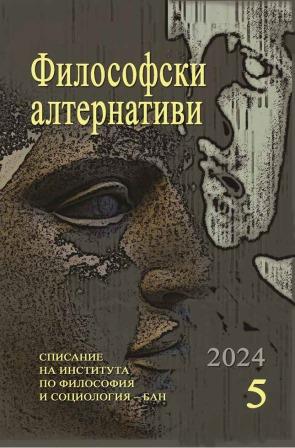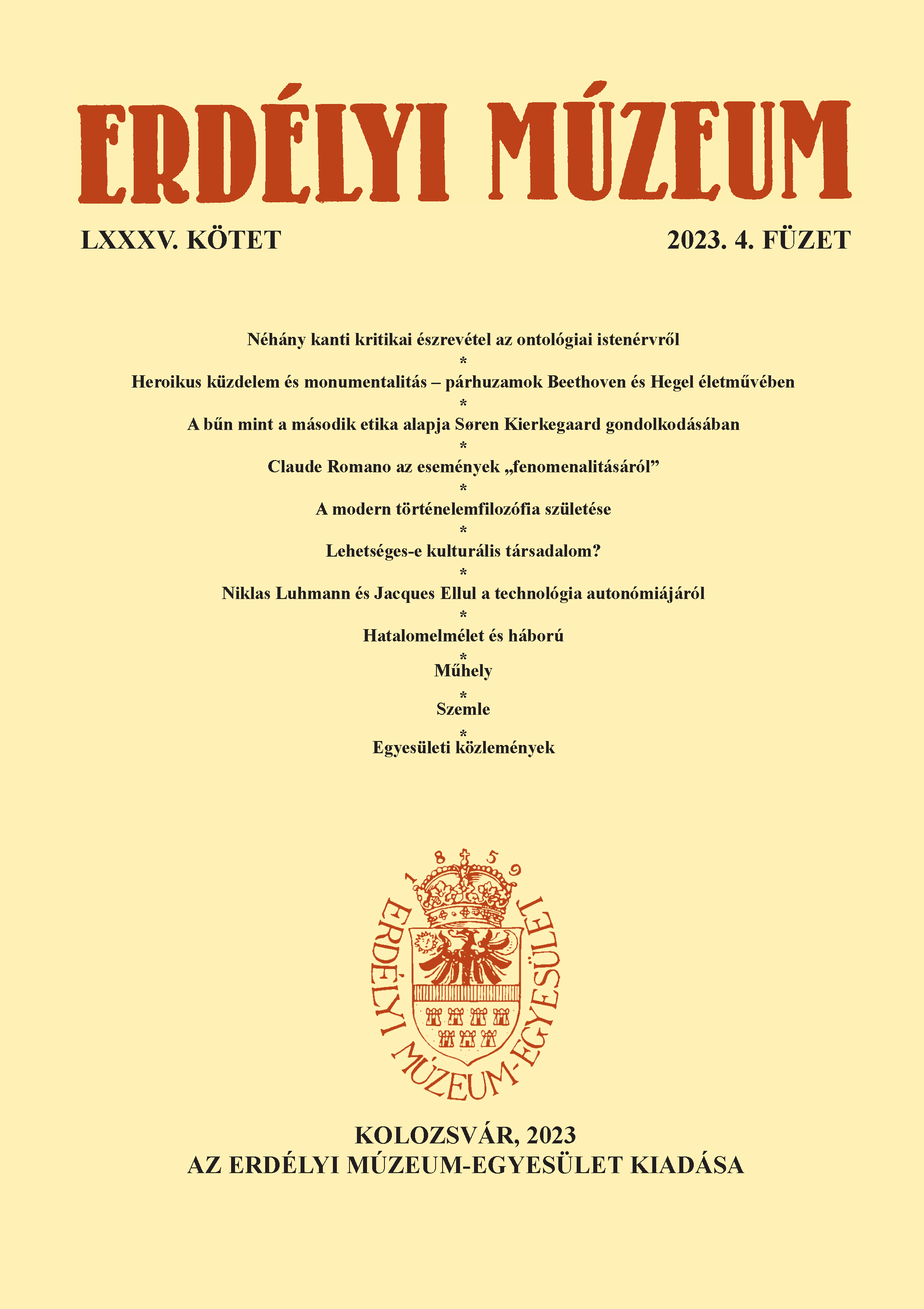Author(s): Boris Milosavljević / Language(s): Serbian
Issue: 1/2015
Dimitrije Matić (1821–1884) was a philosopher, jurist, professor of public law at the Belgrade Lyceum and politician. He served as Serbia’s Minister of Education and Church Affairs, acting Foreign Minister, Speaker of the Parliament, and member of the State Council. He was president of the Serbian Society of Letters and member of the Serbian Learned Society. Matić belonged to Serbian liberal-minded intellectual circles. He believed that the rule of force was unacceptable and that governments should promote and support popular education. Matić studied philosophy and law in Serbia (Kragujevac, Belgrade), Germany (Berlin, Heidelberg) and France (Paris), and received his doctorial degree in philosophy in Leipzig. In Berlin Matić embraced Hegel’s speculative philosophy and theory of state (philosophy of law). Among his professors were Georg Andreas Gabler (Hegel`s immediate successor), Otto Friedrich Gruppe, Wilhelm Vatke etc. In Halle he listened to another Hegelian, Johann Eduard Erdmann. He had the opportunity to attend Friedrich Schelling’s lectures on the philosophy of mythology. If the Right Hegelians developed Hegel’s philosophy along the lines they considered to be in accordance with Christian theology, and the Left Hegelians laid the emphasis on the anti-Christian tendencies of Hegel’s system and pushed it in the direction of materialism and socialism, Matić would be closer to the first. Actually, he was mostly influenced by his professor Karl Ludwig Michelet, with whom he established a lifelong friendship. Matić’s doctorial thesis (Dissertatio de via qua Fichtii, Schellingii, Hegeliique philosophia e speculativa investigatione Kantiana exculta sit) addressed the question of how the philosophy of Fichte, Schelling and Hegel developed from Kantian speculative thought. The paper deals with the question whether Matić took a shift from Hegelianism to Positivism (Naturalism) in the 1860s, which is a claim that was taken for granted in the Yugoslav (Serbian) Marxist histories of Serbian philosophy after the Second World War and Communist revolution. In fact, it is rooted in Milan Kujundžić-Aberdar’s (1842–1893) periodization of the Serbian philosophical literature. Kujundžić, professor of Philosophy at the Belgrade Great School, classified Matić’s Science of Education into the latest period of natural philosophy. In order to answer the question, the paper looks into the evolution of Matić’s philosophical, legal and political views. Matić followed Hegelian philosophy in his: Short Review (according to Hegel’s § Psychology in Encyclopaedia of the Philosophical Sciences); Principles of Rational [Vernunftrecht] State Law [Staatslehre] according to Heinrich Zepfel’s book on the philosophy of law (Grundsätze des allgemeinen und des konstitutionell-monarchischen Staatsrechts and Hegel’s Philosophy of Law) and History of Philosophy (according to Albert Schwegler’s History of Philosophy). There is nothing in Matić’s Science of Education that would corroborate the claim that he shifted from Hegelianism to Positivism. Though he had to attune his views to the changed, antiHegelian, intellectual climate and influences on academic life, he remained a Hegelian. The paper deals with the reasons why the Marxist histories of Serbian philosophy insisted on his alleged conversion.
More...


